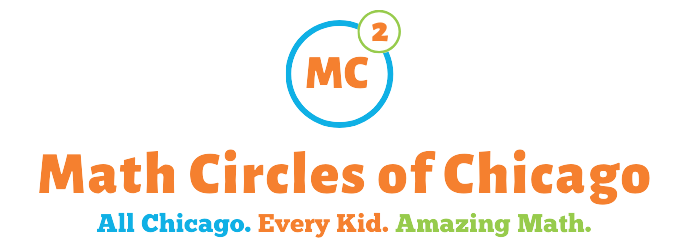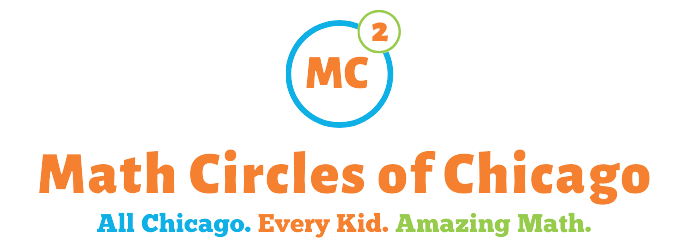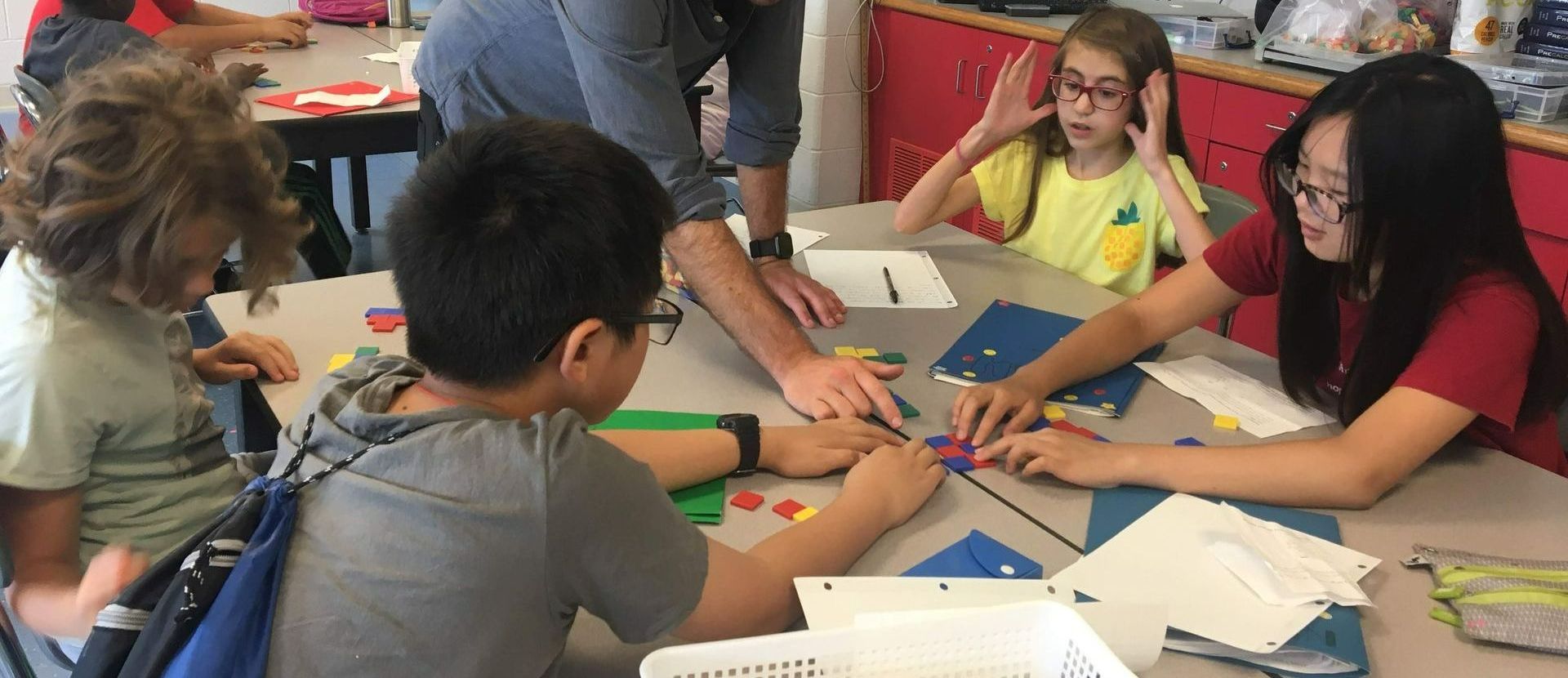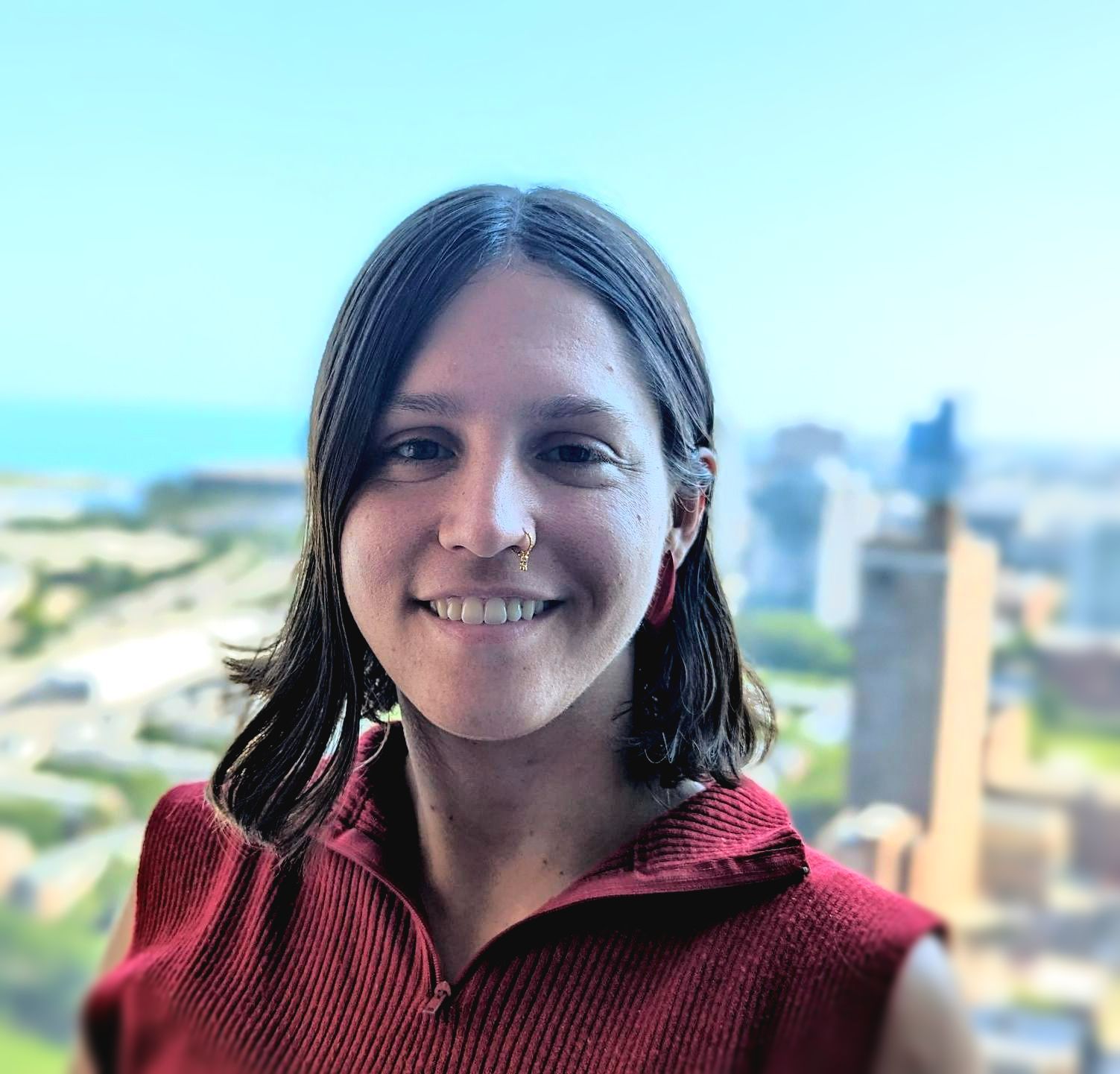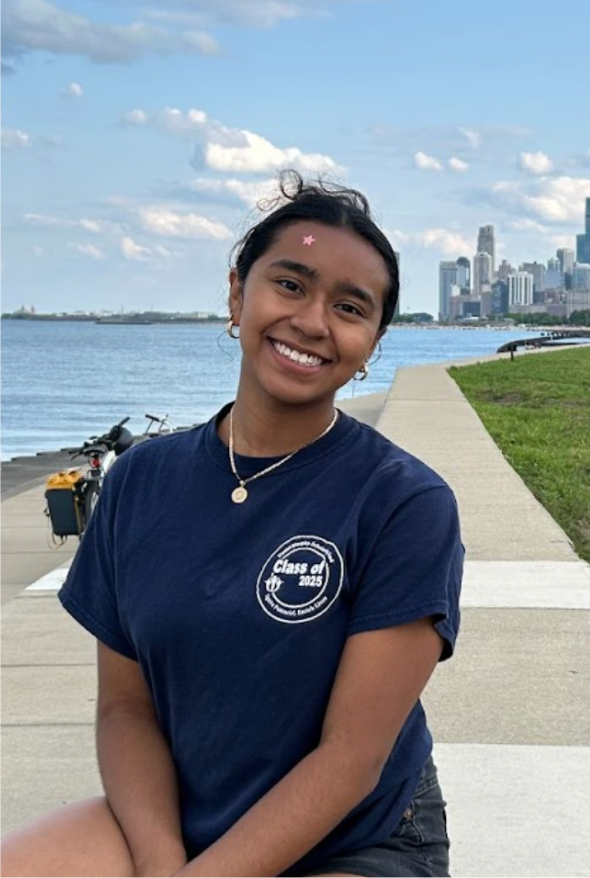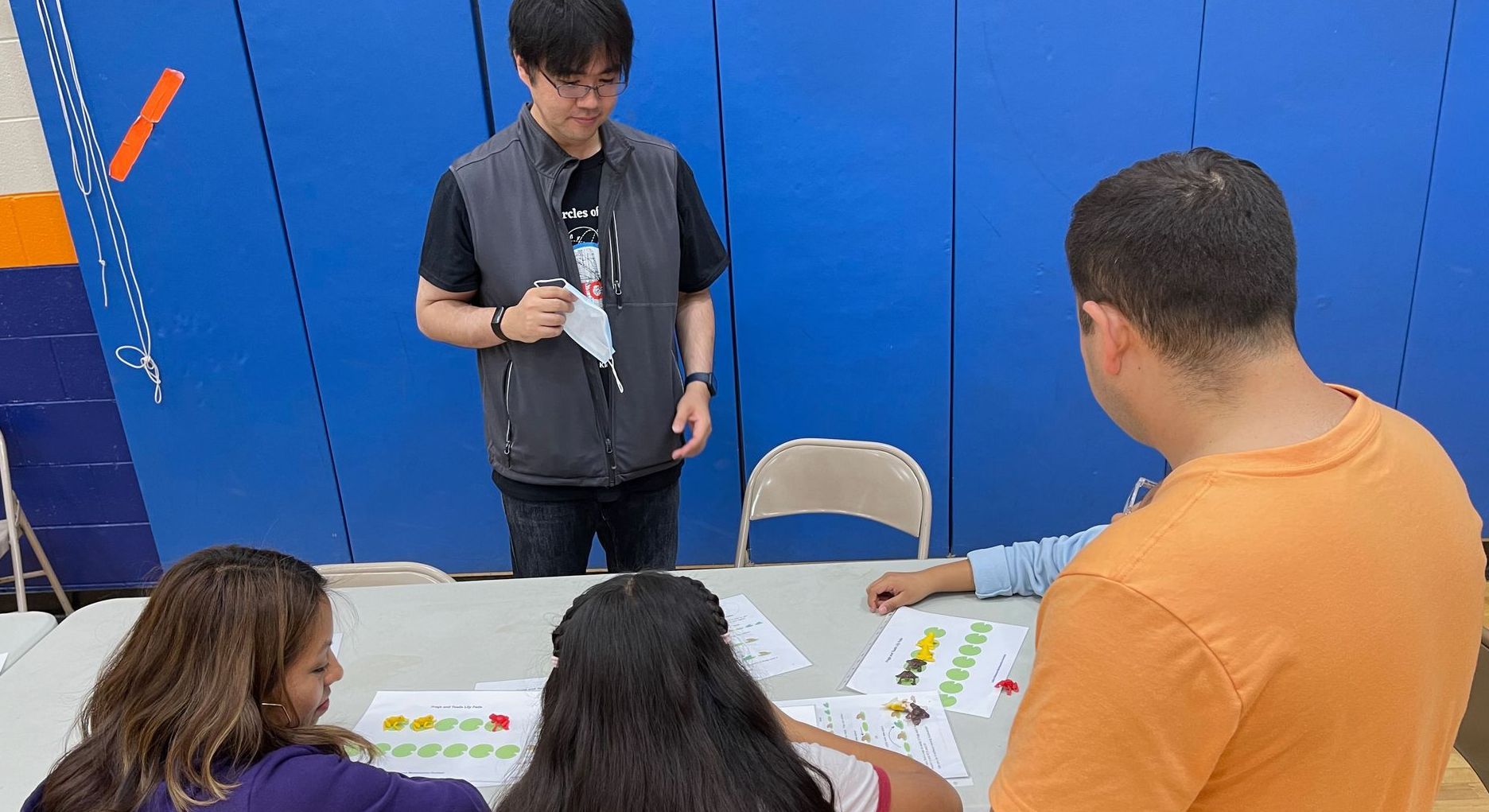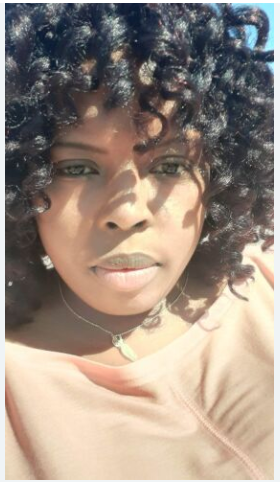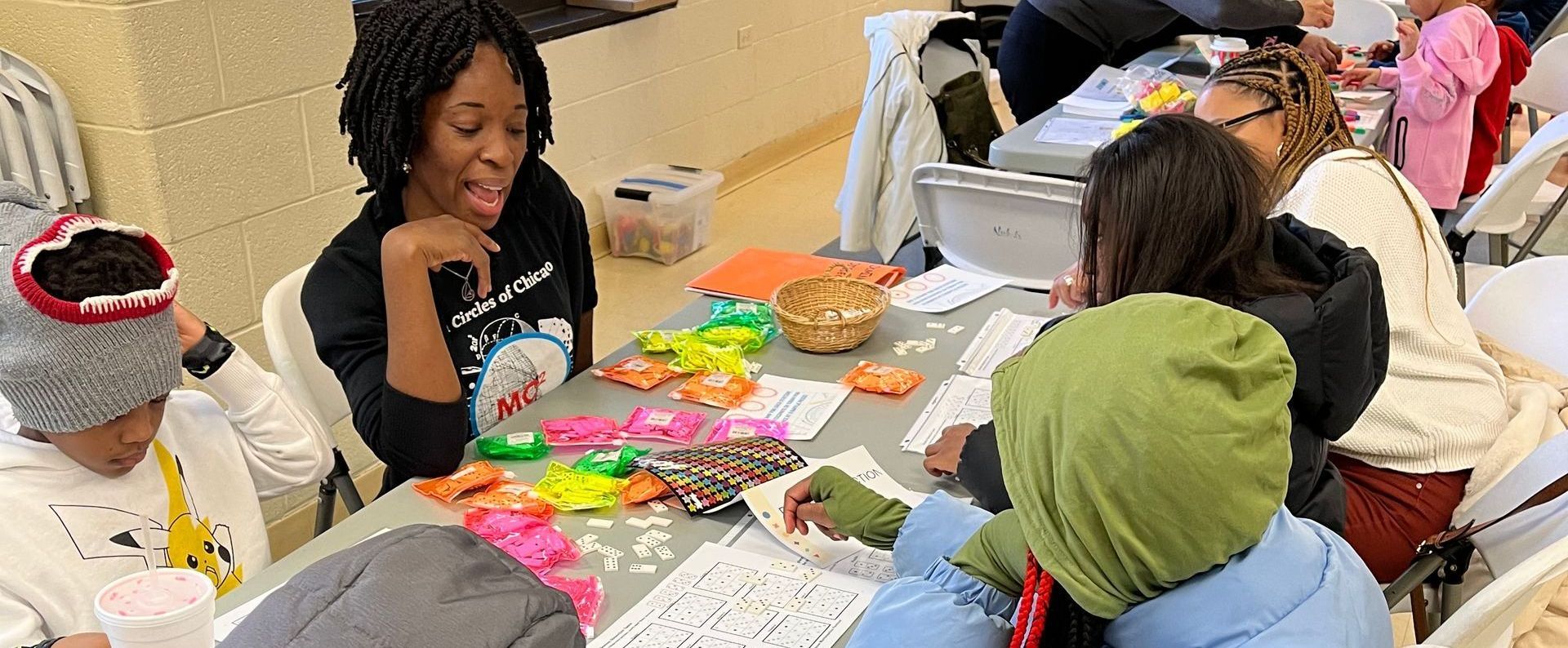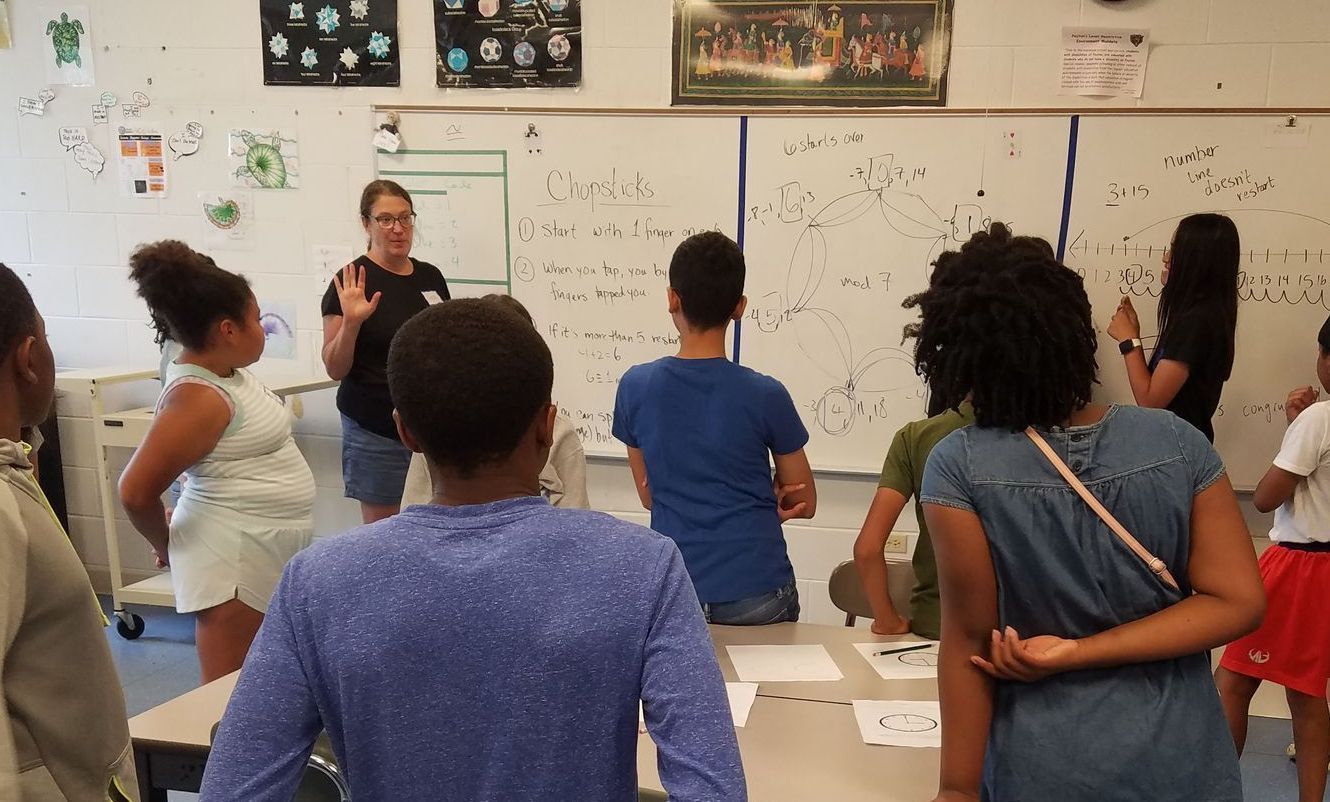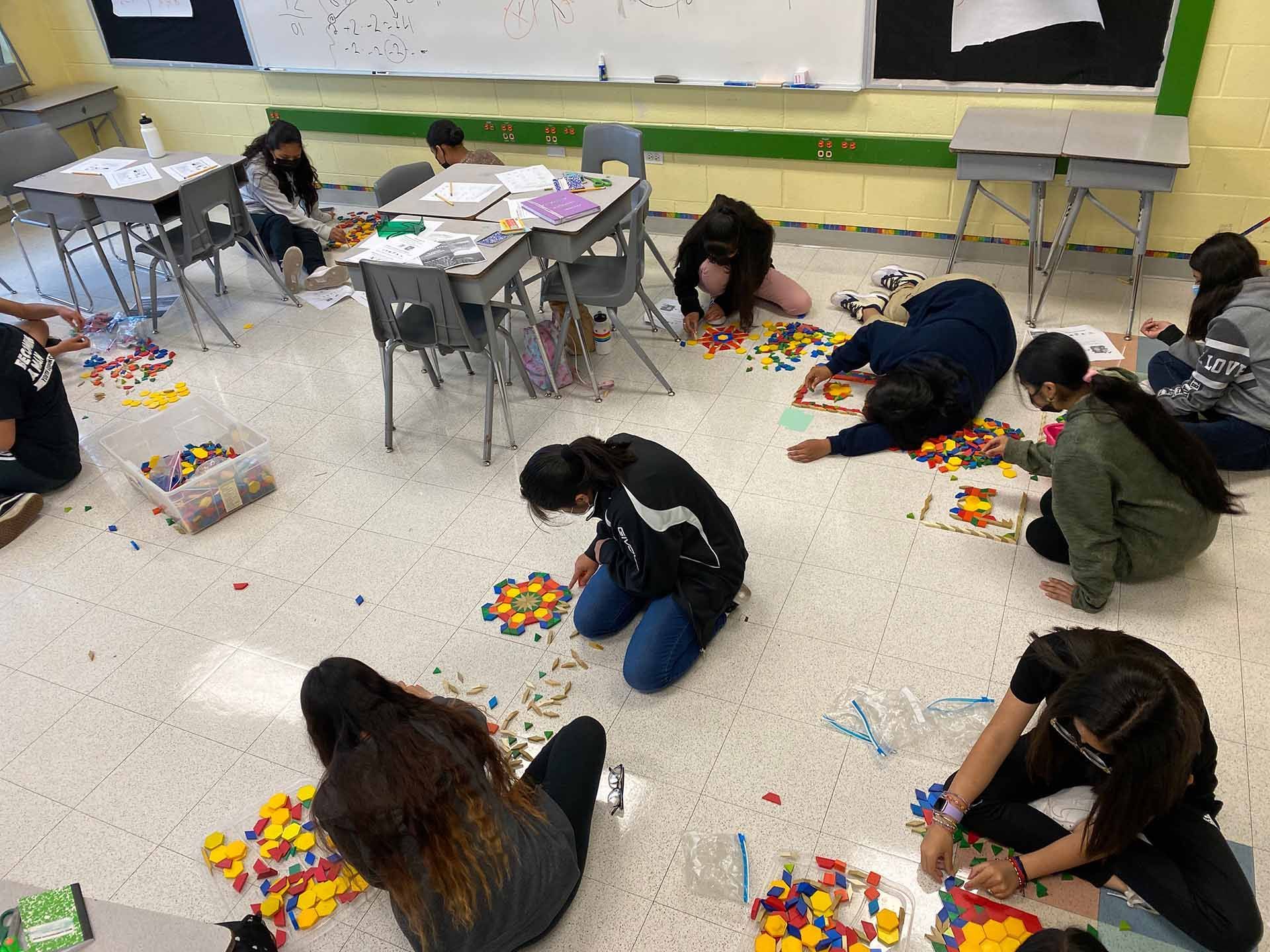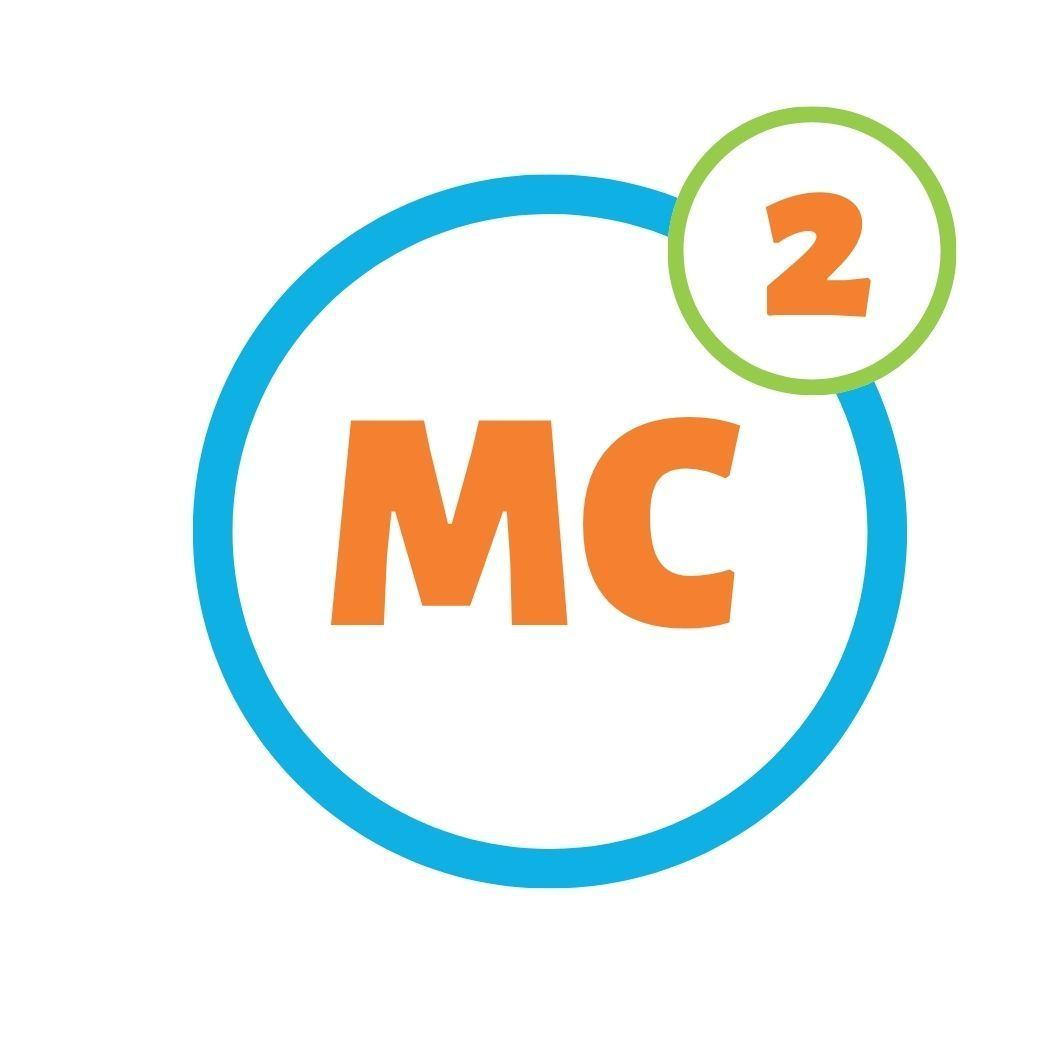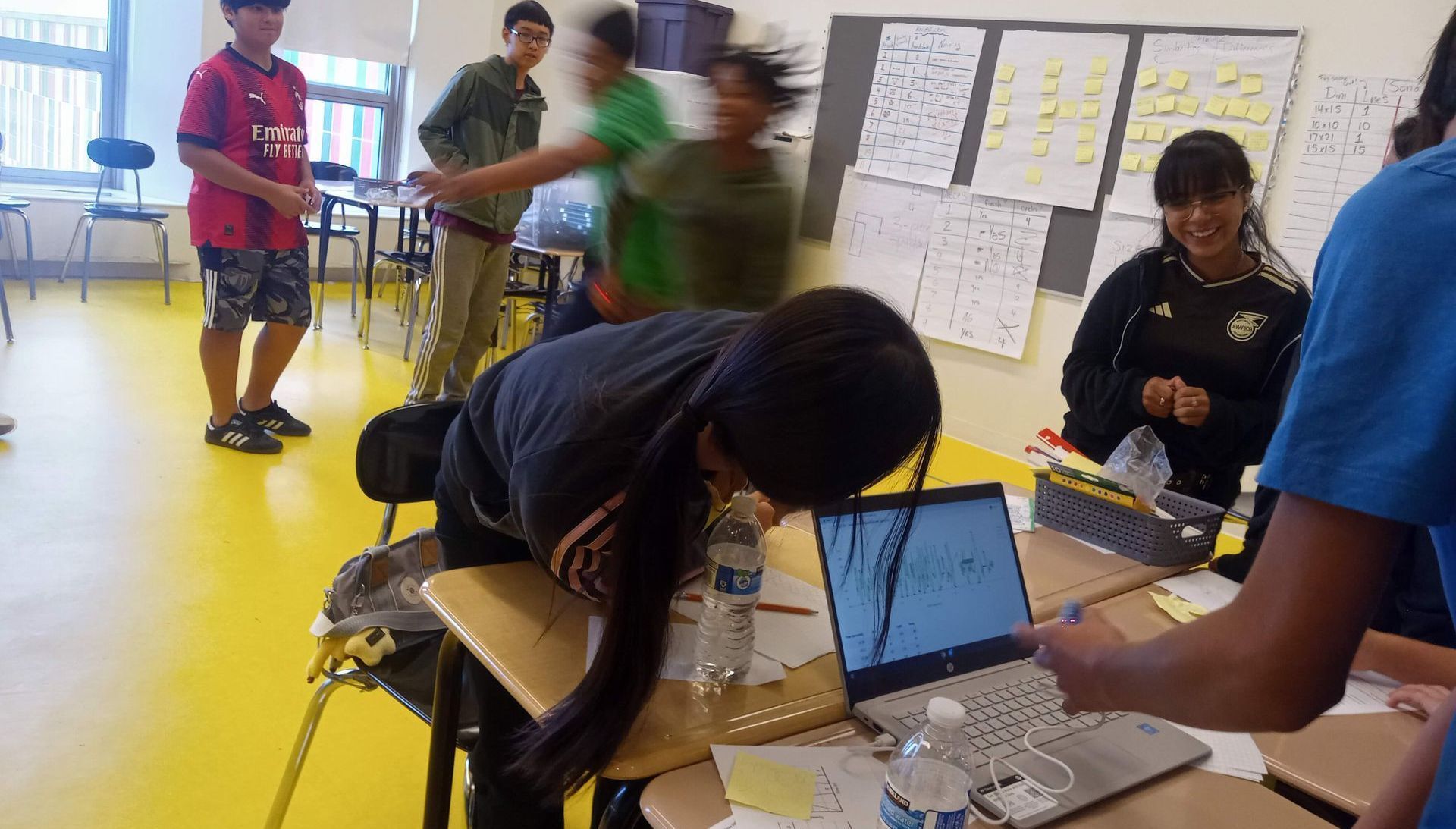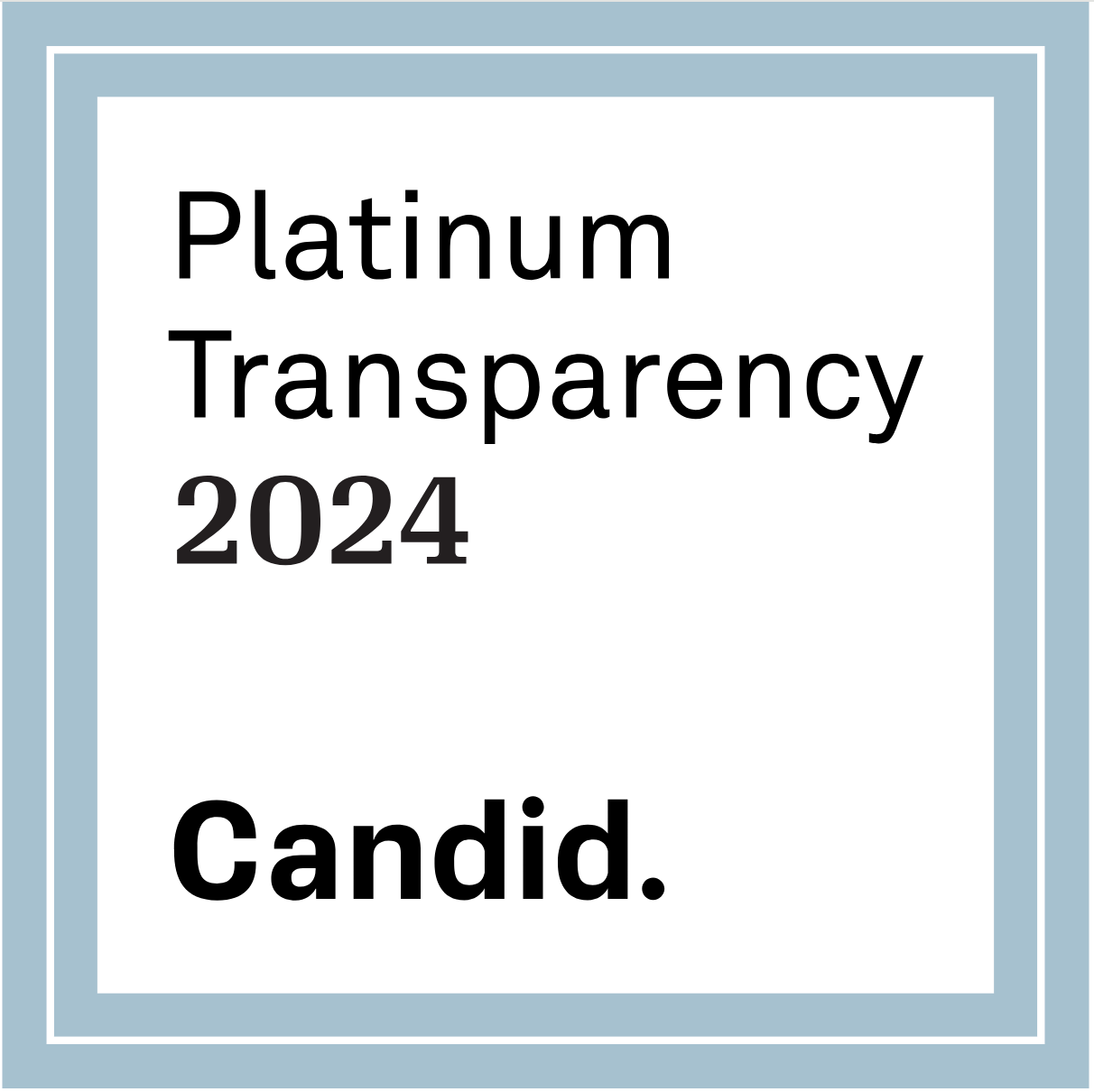By Doug O’Roark
•
April 25, 2025
Every once in a while we're lucky enough to get a tenured professor to lead math circles. What's even more unusual is when that professor represents MC2 and travels around the city to run math festivals at Chicago elementary schools. Keigo Kawaji recently won the The Center for Learning Innovation Digital Teaching Innovation Award at the Illinois Institute of Technology. He's also MC2's Teacher of the Month! 1) How long have you worked for Math Circles? I have been a member of our Math Circles since 2019. 2) What made you start working for Math Circles? I was part of the math circles organization in my hometown through high school. By my high school senior year, I got to serve teaching in their programs, this then led to my first paid positions in teaching at summer math camps. So it has been quite natural to join our Math Circles of Chicago once I became an educator here. 3) Why do you teach? I have been inspired by mentors who have guided me to this nice recognition. Influenced by three such mentors during my high school years. So I teach to pay forward. (And thank you Steffi, Tom, and Richard). 4) What is your favorite thing about teaching? I see teaching as my own means of performing music, or creating an artistic piece (though I am good at neither). As a college professor, I was just recognized at my home university (Illinois Tech) for my teaching innovations in both digital and beyond digital platforms. Sharing these teaching innovations with similarly minded educators is truly rewarding for me. 5) What is something you wish more parents knew? There is no such thing as the 'only way'; there are many ways to solve a problem. Oftentimes, in hindsight, we realize that this was the only way we knew. This offers some food for thought. 6) What is something you want people to know about Math? When attempting to solve a challenging problem, start by finding one solution. Then, sometime later — or perhaps someday — try exploring a different, alternative solution. 7) How has Math Circles impacted your teaching career and your perspective as an educator? For the past 7 years, I have met many fellow educators, parents, and students through the Math Circles. In fact, I recently tried to count how many, and realized that I connected with almost one thousand people in the greater Chicago area community. I now wonder how many readers here and I might have already crossed paths (I'd be honored!). For each connection that I have made, I have grown as an educator. 8) Should Pluto be given back its title of planet? In fact, I do not know. I am curious as to what sets of rules should be used to define inclusion as planets. Maybe there are more than one defined set of rules for inclusion. And it is okay to say I don't know.






